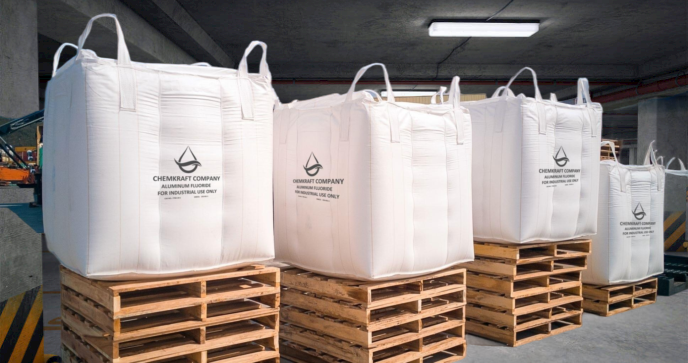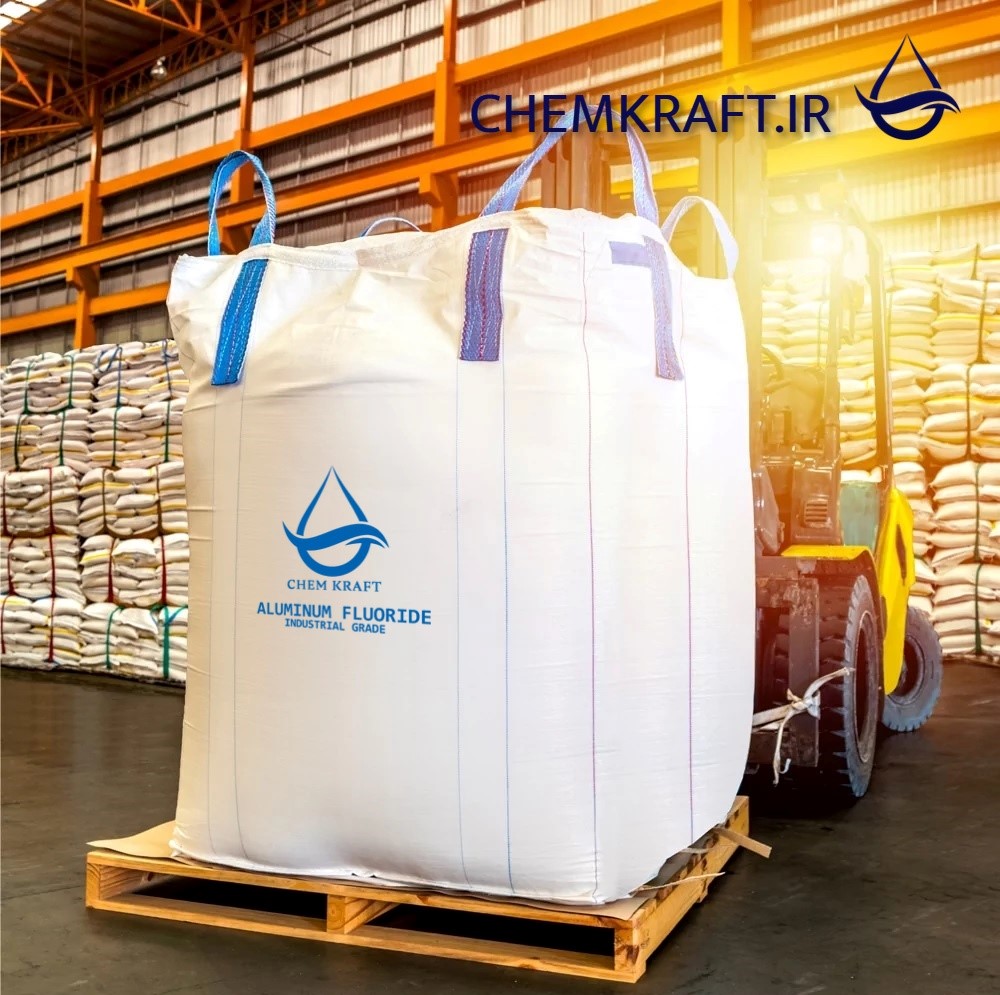Definitions
Aluminum fluoride is a compound that finds its applications in various industries due to its unique properties and versatility. One of the primary uses of aluminum fluoride is in the production of primary aluminum. In the aluminum smelting process, aluminum fluoride acts as a flux, helping to lower the melting point of alumina and facilitating the extraction of aluminum metal. This application is crucial in the aluminum industry as it allows for more efficient and cost-effective aluminum production.
Another significant application of aluminum fluoride is in the production of ceramics. Aluminum fluoride is commonly used as a flux in the manufacturing of ceramic products such as glass, enamel, and glazes. It helps reduce the melting temperature of the ceramic materials, resulting in improved workability and increased fluidity during the shaping and firing processes. Additionally, aluminum fluoride aids in the removal of impurities and ensures the uniform distribution of other additives, enhancing the final quality of the ceramic products.
Chemical industry
The chemical industry also relies on aluminum fluoride for its distinct properties. One important application is in the production of various fluoride compounds. Aluminum fluoride serves as a precursor in the synthesis of many fluorine-containing compounds, including hydrofluoric acid, sodium fluoride, and cryolite. These compounds are widely used in chemical reactions, metallurgy, fluoridation of water, and even in the pharmaceutical industry.
Construction industry
Furthermore, aluminum fluoride demonstrates its utility in the construction industry. It is commonly used as an additive in cement production. By incorporating aluminum fluoride into cement, it improves the durability and strength of concrete structures. AlF3 works as a setting accelerator, enhancing the hydration and setting process of cement, resulting in faster hardening and increased resistance to cracking and deterioration.
Aluminum alloys
Aluminum fluoride also plays a vital role in the production of aluminum alloys. It is frequently used as a grain refiner and as an additive to enhance the mechanical properties of aluminum alloys. The addition of aluminum fluoride prevents the formation of coarse grains, leading to improved strength, corrosion resistance, and weldability of the alloys. This application is crucial in industries such as aerospace, automotive, and construction, where high-performance aluminum alloys are required.
Electronic industries
Moreover, the electrical and electronic industries benefit from the use of aluminum fluoride as an insulating material. It is employed in the manufacturing of aluminum electrolytic capacitors, which are widely used in electronic devices and power grid systems. Aluminum fluoride acts as a dielectric and an electrical insulator in these capacitors, preventing the flow of electric current between the aluminum electrodes and allowing for efficient energy storage and discharge.
Automotive industry
In the automotive industry, aluminum fluoride is used as a component in the manufacturing of automotive paints and coatings. It acts as a binder, enhancing adhesion and increasing the durability and resistance of the paints against external factors such as weather, oxidation, and corrosion. This application ensures that automotive finishes retain their visual appeal and protective properties, ultimately extending the lifespan of vehicles and reducing maintenance costs.
Water treatment
Lastly, aluminum fluoride finds applications in the production of various chemicals used in water treatment. It is utilized as a coagulant to remove impurities and suspended particles from water, making it suitable for consumption and industrial purposes. Aluminum fluoride-based coagulants help in the efficient removal of contaminants such as bacteria, organic matter, and heavy metals, contributing to cleaner and safer water supplies.
In conclusion, aluminum fluoride has emerged as a crucial compound with diverse applications in various industries. From primary aluminum production and ceramics to the chemical, construction, and automotive sectors, aluminum fluoride showcases its significant role in enhancing processes and improving the quality of end products. Its unique properties and versatility continue to make it a valuable resource in industrial applications, shaping different aspects of our daily lives.



